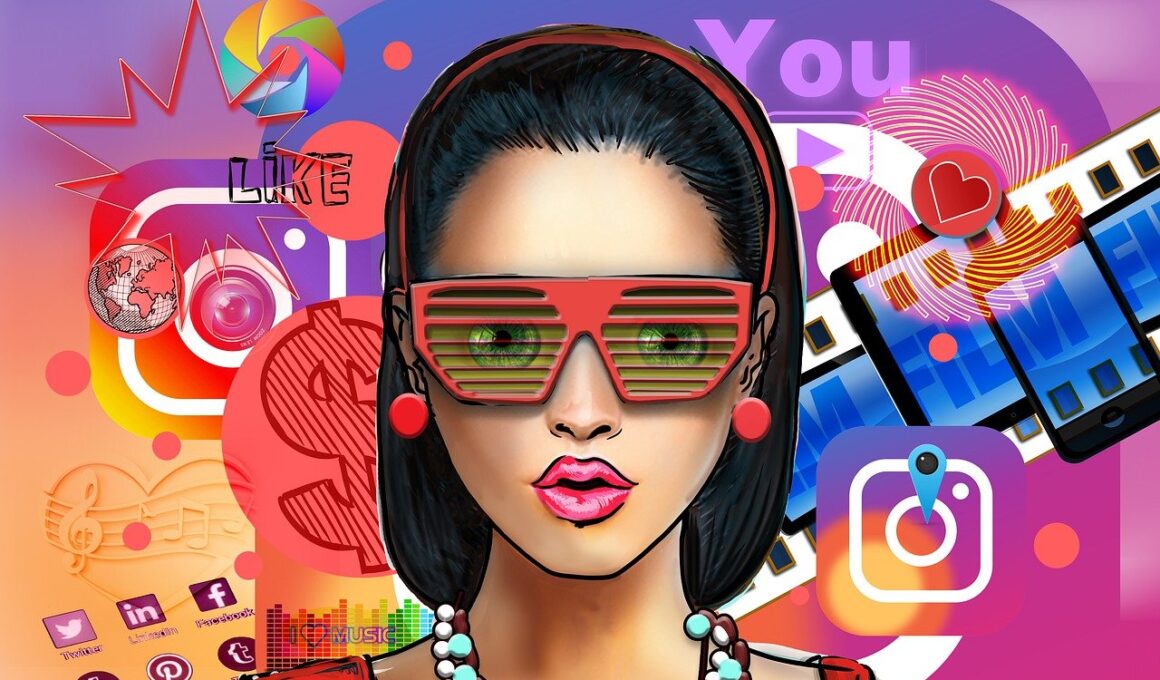Using AI for Influencer Fraud Detection and Audience Authenticity
In the ever-evolving landscape of social media, influencer marketing has become a powerful strategy for brands looking to reach broader audiences. However, this rise has led to an increase in influencer fraud, where individuals misrepresent their follower counts or engagement metrics to gain partnerships. Utilizing AI tools for influencer analytics can help brands identify and mitigate these fraudulent activities effectively. By analyzing engagement rates, follower demographics, and content quality, AI can assist brands in distinguishing between authentic influencers and those using deceptive practices.
AI techniques, such as machine learning algorithms, can analyze massive datasets of social media activity, enabling more precise influencer discovery. These algorithms can evaluate metrics like the follower-to-engagement ratio, ensuring that brands connect with influencers who have genuine audiences. Normalizing data for variances in social media activities permits the identification of influencers capable of engaging authentic audiences effectively. Another critical aspect involves analyzing historical data trends to spot anomalies or unusual engagement spikes, alerting brands about potential influencer fraud attempts.
Moreover, AI tools can also detect irregular patterns consistent with fake followers, such as bots or inactive accounts. By employing metrics like follower growth rate and auditability, these tools can provide brands with detailed reports on the authenticity of an influencer’s audience. Metrics like engagement frequency and audience response to posts give insight into an account’s organic reach. As a result, brands can make informed decisions when selecting influencers for collaboration, thereby ensuring their marketing reach is genuine and meaningful.
Impact on Marketing Strategies
The integration of AI into influencer marketing strategies offers a two-fold benefit: improved ROI and enhanced audience targeting. With a deeper understanding of audience authenticity, brands can allocate budgets more effectively, ensuring they invest in influencers who genuinely resonate with target demographics. Throughout this process, brands can also use predictive analytics facilitated by AI to forecast campaign success before engaging with influencers, allowing adjustments in real-time to maximize impact and effectiveness in reaching desired audiences.
In addition, AI tools enhance the collaboration experience between brands and influencers by providing more data transparency. Both parties gain access to analytics dashboards displaying performance metrics, audience demographics, and engagement rates. This clear communication fosters trust and empowers influencers to create content that aligns with brand values while resonating authentically with their audience. The optimization of campaigns, informed by real-time data, allows brands to adapt strategies swiftly for better results, ensuring higher engagement rates and customer loyalty.
The Future of Influencer Marketing
As the landscape continues evolving, AI’s role in influencer marketing will only grow. Emerging technologies such as natural language processing can analyze sentiment in posts and comments, offering additional authenticity insights beyond mere numbers. The future also holds potential for more sophisticated biometrics, which could assess influencer credibility through facial recognition and interaction authenticity. By advancing these AI applications, brands can refine their partnerships with influencers further, ensuring their marketing efforts are both impactful and grounded in audience authenticity.
AI-driven influencer analysis bridges the gap between social proof and marketing strategy. With misinformation rampant in digital spaces, maintaining audience trust is paramount. Brands that adopt AI tools will not only protect their reputations but can also foster deeper connections with consumers, recognizing that authenticity matters immensely in today’s marketplace. As consumers grow more discerning, influencers promoting products they genuinely engage with will likely thrive, leading to a more transparent and responsible marketing ecosystem.
Ultimately, the fusion of AI in social media for influencer analytics reshapes how brands approach partnerships and audience engagement. By detecting fraud and ensuring audience authenticity, AI tools pave the way for successful marketing campaigns and sustained relationships between brands and influencers. The shift towards a more data-driven analysis not only enhances brand reputation but also encourages a shift in influencer behaviors towards transparency, collaboration, and responsibility, creating a better landscape for all parties involved in social media marketing.


